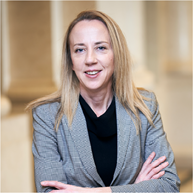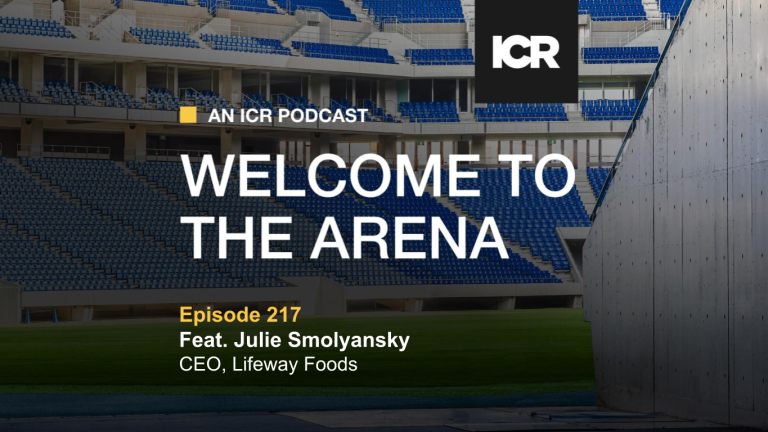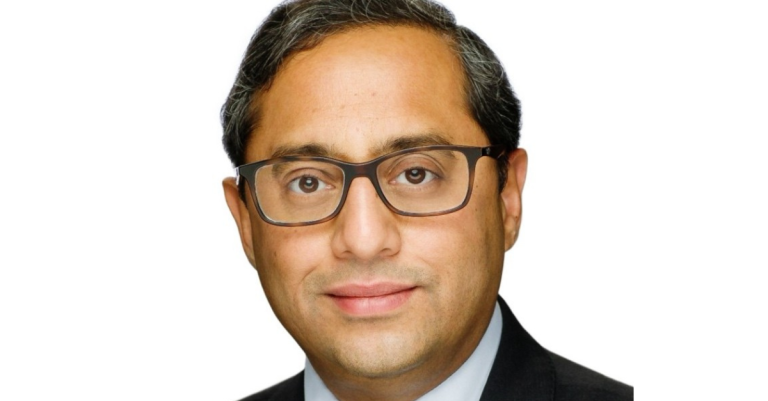Jessica Hodgson, Senior Associate Partner, Consilium Strategic Communications
Jessica is a former financial journalist who has worked for publications on both sides of the Atlantic, including Dow Jones/Wall Street Journal, the Guardian, the Observer and the Evening Standard. She has spent the past eight years advising clients, both public and private, in the healthcare and technology sectors.

“It’s not enough to win the war, it’s more important to organize the peace,” wrote Aristotle.
If the pandemic put the healthcare industry on a war footing, Consilium’s ninth Annual Healthcare Conference, “The Great Healthcare Reset,” supported by Citi, Cooley, and Stifel, sought to set the agenda for the living with COVID-19 peace.
Of the many adaptations the industry has made during the pandemic, including bringing life-saving vaccines to market quickly and keeping drug development afloat, which should we seek to keep, and which should we reject? How do we, as an industry, take advantage of the reputational capital which we have gained to safeguard the industry and society?
This year’s conference had a different feeling, largely because of the exhilaration of being able to meet after nearly two years of Zoom fatigue. But also because of the urgency and purpose of these discussions.
Our first panel: The New Normal for drug discovery, development and healthcare came from the frontline of COVID-19 research. If not doing armed combat with COVID-19, as were John Dawson, CEO of Oxford Biomedica, Sean Marett, CBO of BioNTech or Richard Marsden, CEO of Synairgen, all had experienced the pandemic’s impact on the industry.
The panel agreed COVID-19 has forced everyone to be faster and more flexible, with many positive outcomes for industry. “There’s a heightened sense now of what’s possible,” BioNTech’s Sean Marett said, adding that regulators had become more receptive to industry. Governments and regulators worked in lock step with industry, agreed IQVIA’s SVP for Strategic Planning, Northern Europe, Angela McFarlane, crediting in particular the UK’s Medicines and Healthcare Products Regulatory Agency (MHRA) for becoming “match fit” fast. Quanta Dialysis Technologies’ CEO John Milad noted one of the pandemic’s downsides – the impossibility of physical meetings — became a blessing, making the world smaller, fundraising easier and stimulating innovation in remote trials.
4BIO Capital’s Managing Partner Dima Kuzmin noted that while there were beneficiaries of the pandemic, life had become more challenging for those involved in early-stage research. “COVID-19 sucked out most of the capability, damaging the early-stage pipeline,” he said, and rebuilding post-pandemic will be critical.
In Funky Finance: Bold Visions or Bubbles in the Making, the second panel, Doug Doerfler, CEO of MaxCyte, painted a picture of how COVID-19 had changed healthcare financing, noting he raised a crossover round and managed a Nasdaq listing without leaving the comfort of his home. “I haven’t met most of my investors,” he added. Rachel Mears, a Partner at Jeito Capital, agreed that COVID-19 had done nothing to dent the private capital available for strong companies.
The merits of SPACS were hotly debated. LSP Partner Eduardo Bravo maintained that SPACS are an important new tool for life sciences companies. But others on the panel, including Vaccitech CEO Bill Enright and Alex Hammacher, Head of Corporate Finance at Oxford Science Enterprises, argued that for many companies the more traditional IPO route remains the best option.
Healthcare: Winning Hearts and Minds, the third panel, asked whether the reputational “bounce” the industry had achieved during COVID-19 was sustainable.
Sensyne Health’s CEO Lord Paul Drayson said it was striking how COVID-19 had brought the life sciences industry to the attention of the general public. But the panel painted stark relief between the beneficiaries of innovation of the COVID-19 era, such as early recipients of vaccines, and those in lower-income countries, many of whom are still awaiting their first jabs. “Different populations have had different experiences,” said CEPI’s Deputy General Counsel Emma Wheatley.
Big Pharmas in the vaccines race also received different treatment, noted the panel, noting in particular, the political flack directed at AstraZeneca. The panel argued that despite the gains made during the pandemic, healthcare needs to do more “advocacy” and less marketing. Paige Bischoff, SVP of Public Affairs of the Alliance for Regenerative Medicine said most urgently we need to shift towards emphasis on “healthcare” as opposed to “sick care” – critical for advanced therapies.
Dame Kate Bingham, Managing Partner at SV Health Investors and former Chair of the UK Vaccines Taskforce, concluded the day with a revealing discussion with the Financial Times’s Science Editor Clive Cookson. Dame Kate talked of how the government’s response evolved from an initial bunker room panic in the early stages to a well-oiled military machine by the end, she said that government works best with industry when it can bypass some of its more ossified processes.
The consensus after a day of vigorous debate: the newfound agility and sense of purpose COVID-19 has given the industry is something to embrace. But we need to ensure that gains are delivered equitably, that all sections of the healthcare ecosystem can benefit from the innovation coming through the sector, and that we continue to keep something of the war footing.
As Clive Dix, former Deputy Chair of the Vaccines Taskforce put it: “Once we get back to a norm, how much can we keep if there isn’t that common enemy on our shoulder all the time?”
Watch the Consilium Strategic Communications Annual Healthcare Conference November 2021 Highlights video here.



